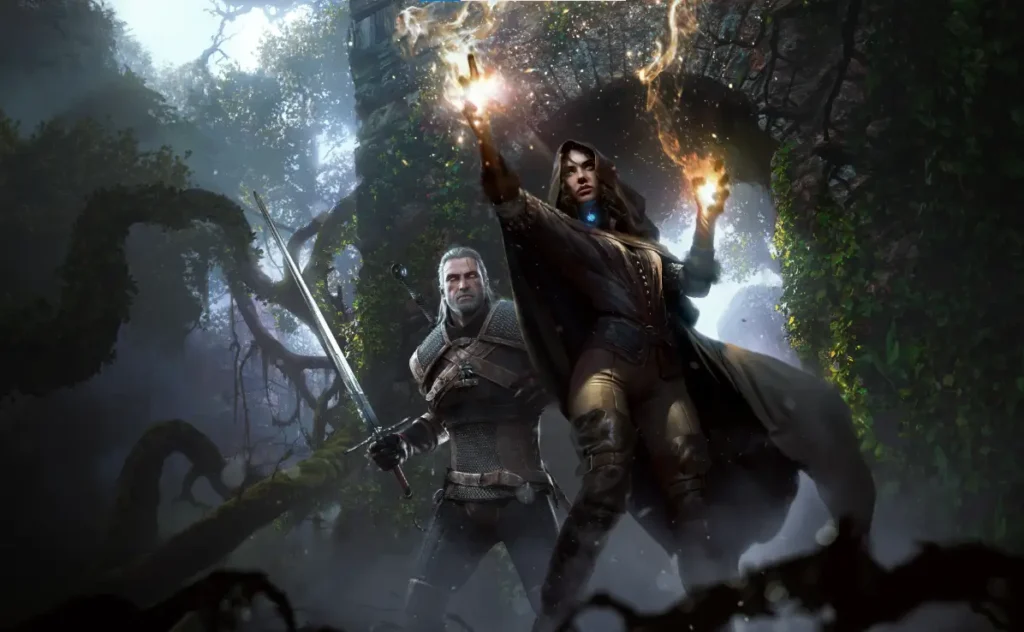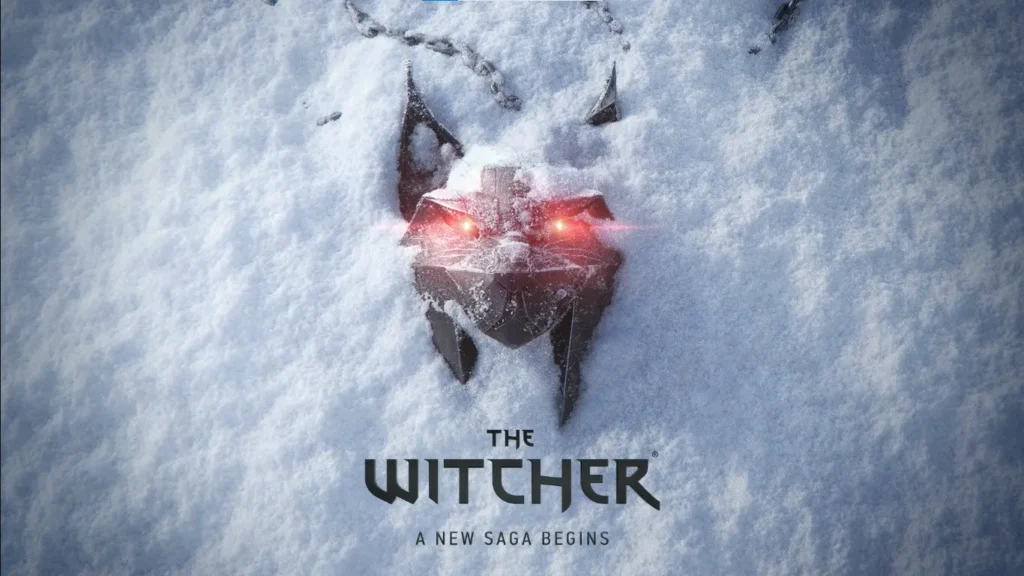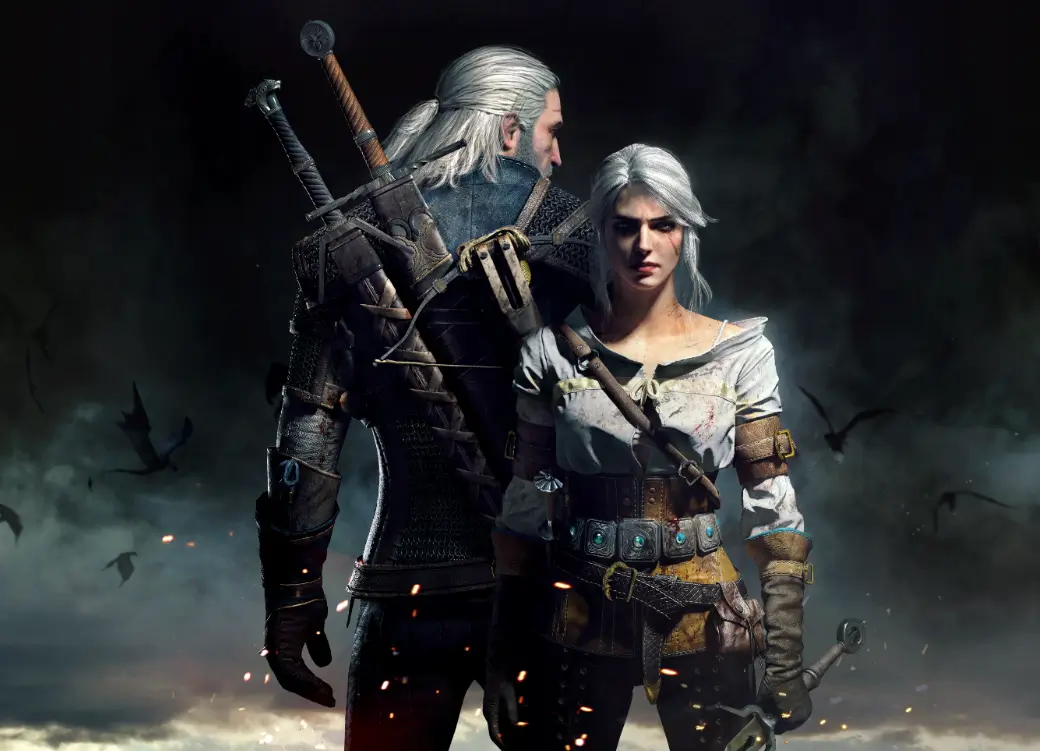The next Witcher game, to be called either Project Polaris or The Witcher 4, has just entered its intensive production phase. This is a crucial step in the project’s development, and comes after a re-organization at CD Projekt Red, which is determined to avoid the mistakes of the past. Eurogamer had the opportunity to speak to the Polish studio’s executives several times throughout the year to see how things would change on this new game, and to draw the conclusion that the studio’s strategy has indeed been reviewed.
A New Engine to Facilitate Exchanges

To avoid certain problems encountered in the past, CD Projekt Red began by making a major change in the development of this new game. It has set aside its in-house engine in favor of the Unreal Engine 5. A major change that allows it to be more flexible when the studio is working on several projects simultaneously, as CTO Charles Tremblay explains:
“ The way we built stuff in the past was very one-sided, like one project at a time. We pushed the limit – but also we saw that if we wanted to have a multi-project at the same time, building in parallel, sharing technology together, it is not easy. ”
Epic Games’ engine should make things easier and speed up the process, while improving communication between the different teams:
“ We can share expertise, share people, share knowledge. And also we wanted to be sure that we developed some of the technology correctly this time around – with our expertise, we know how to do things with the experience we had in the past, and now it’s time to actually make it shareable across all the groups. ”
Switching the engine should enable the studio to maintain the same ambitions as before, always wanting to go higher (while being very cautious this time). The Witcher 4 project will aim to match The Witcher 3’s quality level, as well as its excessive size:
“ The only thing I will say is that changing the tech for us does not change the fact that we always will be ambitious. And the next game we do will not be smaller, and it will not be worse. So it will be better, bigger, greater than The Witcher 3, it will be better than Cyberpunk – because for us, it’s unacceptable [to launch that way]. We don’t want to go back.
Even if there will be some ‘sweaty moments’ and maybe even some bad stuff happening, still, I think that we will try everything we can to make it even more than what we achieved in the past years. So the technology should not be a blocker for us, basically. ”
For the Polaris project, CD Projekt Red has given itself more pre-production time to ensure that it starts off on a strong foundation (especially with the new engine), and to test its new organization following the chaotic launch of Cyberpunk 2077.
The Witcher 4 Will Be Released about a Year After Its Official Announcement

Eurogamer has also been talking to Michał Nowakowski ( CD Projekt CEO) over the last few months, and he discussed the communication strategy that will be applied for the next The Witcher. This time, the period between the game’s official reveal and its release should be more condensed, to ensure that pre-orders don’t drag on for too long:
“ To be honest, when we were kicking off the marketing campaign officially with pre-orders, which was the Keanu on stage [moment, at E3 in June 2019], the plan was actually to launch roughly one year later. It just didn’t really work. So we didn’t really plan for like a two-year campaign, and I still think that one year would really be fine [in terms of] time for a promotional campaign of that game.”
Taking the example of Phantom Liberty, whose marketing campaign only lasted six months, he says he wants to aim for something a little longer for the next game, without ever exceeding what Cyberpunk 2077 did. He indicates that there will still be a few hints here and there about the future game, before its actual announcement. We’ve already had our first glimpse of Project Polaris, and we can expect more of the same in the future:
“ If I ask you, what do you know about The Witcher 4? The answer is not much, probably – yes, there’s theories and so on. But there’s nothing really specific. So we want to drop the crumbs here and there so that people – and the media as well – can pick up on it and try to figure out what it is we’re trying to say this time.”
The question of whether these “crumbs” will soon be revealed at a showcase ( like the Game Awards) is another matter.
